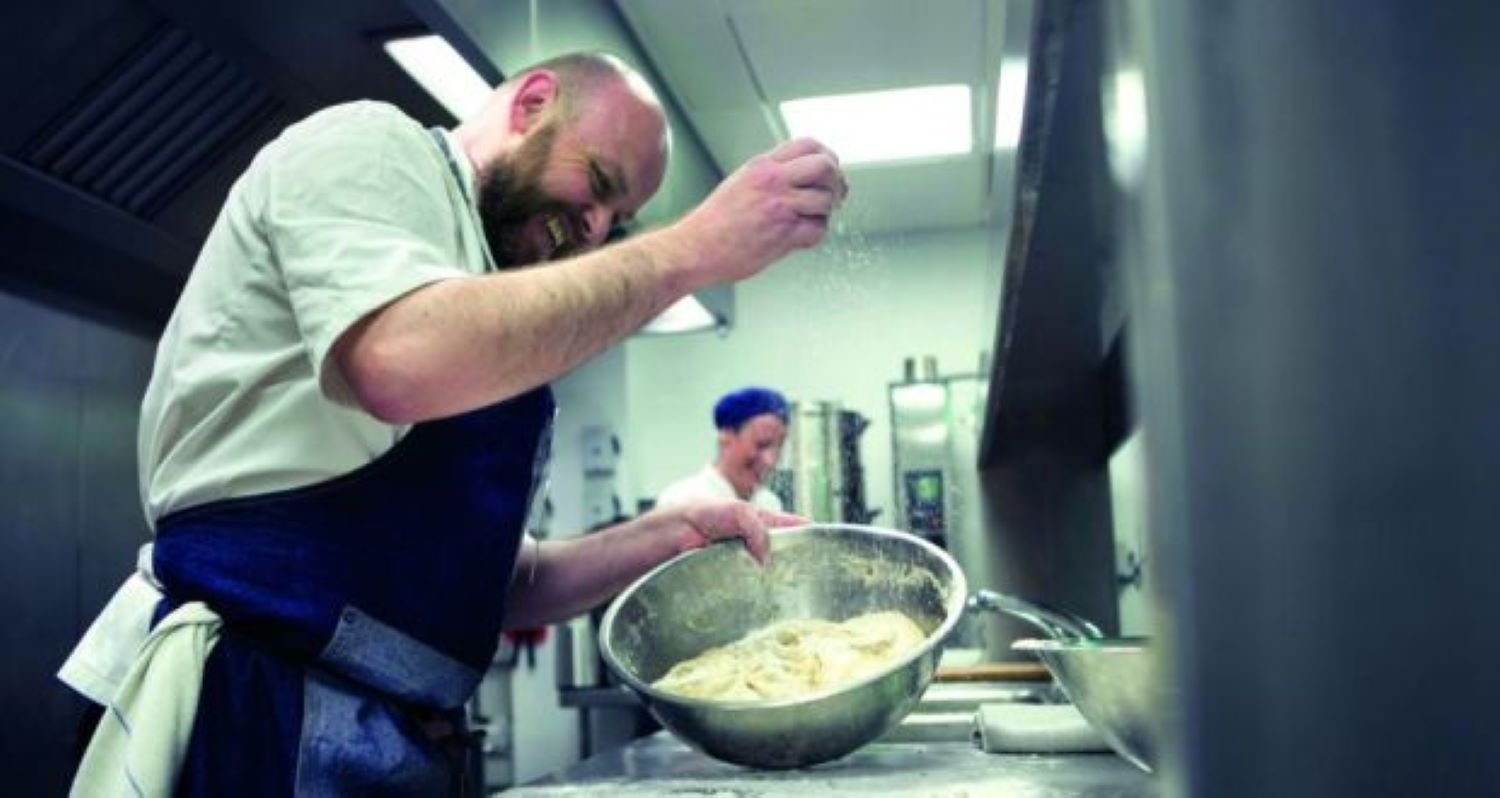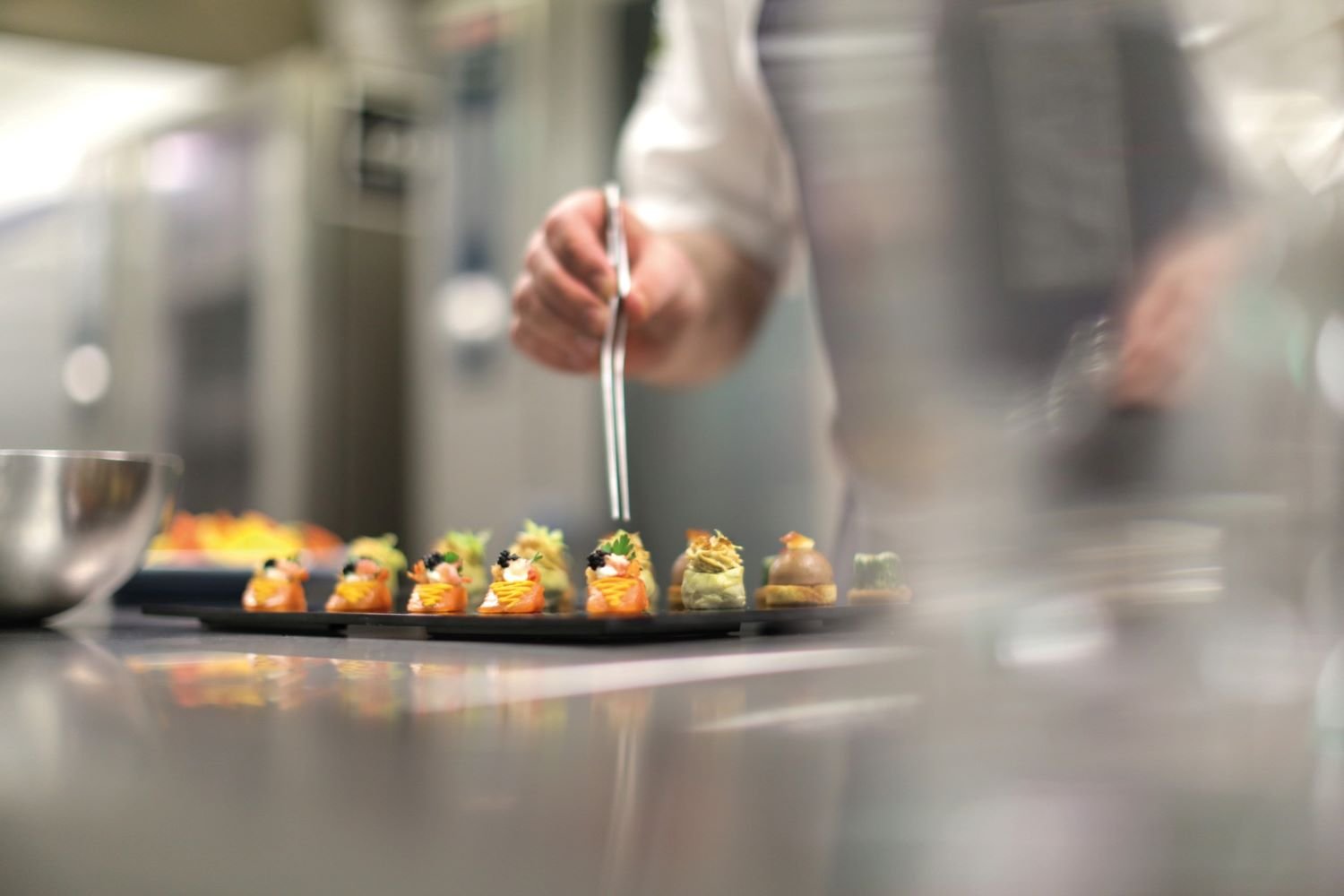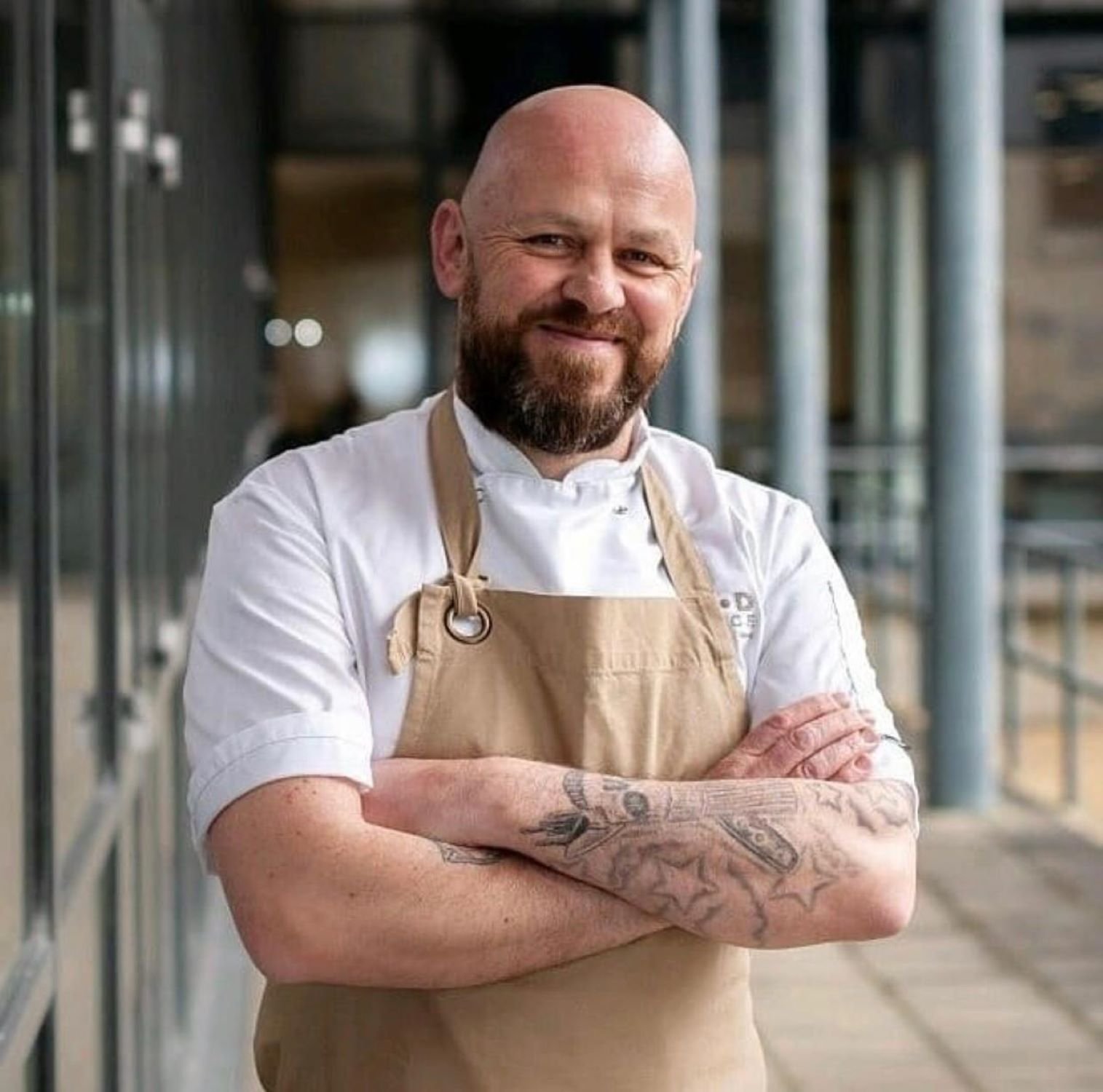conor Spacey
We had a great conversation with Conor Spacey, a chef with more than 30 years of experience and someone passionate about improving the food system. He is currently the culinary director of FoodSpace Ireland and is an advocate for the Chefs Manifesto.
FoodSpace removed single-use plastics from across all of its kitchens over 2 years ago, so Conor is a bit of an expert. We have put together a shortlist of some of the great things he told us.
Going Plastic-free attracted talented chefs.
Reducing FoodSpace’s Environmental impact attracted skilled chefs who have stayed working with them for longer. When FoodSpace advertises job openings, they get “a lot of responses from chefs who value sustainability”. These new chefs, who believe in the values of the restaurant, are more invested in the business and consequently stick around to help it grow.
Have your solutions ready.
Before removing all of your single-use plastics, have a plan in place. Becoming a sustainable restaurant also means looking after your staff. Removing your cling film without first having enough lids or without having alternative techniques ready, is likely to stress out your team. If, like FoodSpace, you run a number of kitchens, trial out the changes in one first, before rolling them out into the others. Small independent restaurants can just plan really well before.



“Go old school” with your cooking techniques.
Cling film hasn’t been around that long, so start digging around in your old cookbooks. Whilst perusing an old Italian book, Conor found out how to roll roulade with a damp tea towel instead of plastic. Just think how people have been using fermentation for generations as a way to avoid food waste - there definitely weren’t any vacuum bags available. Conor believes some of the answers are in the past (some are also on NMEPlastic website too!)
Going single-use plastic free “pays for itself”.
After purchasing some new lids for their containers, gastros and pans, FoodSpace removed cling film from all of its kitchens. Within 6 months they had made their money back by not buying clingfilm and now are saving money every month as a result. They have also saved money from having cheaper waste management - If you produce less waste you will have lower waste costs.
“Every time a chef jacket is washed, it releases microparticles of plastic into the ocean.”
Conor has been working on an exciting project to battle this - chef jackets from hemp. He began the conversation with the Irish hemp farmers he uses for oil. He organised for the hemp stalks, which are usually just composted, to be sent to factories that could turn them into a fabric and then into chef’s jacket
Conor is currently testing the jackets to see how they handle lots of washing but he is very confident that they can. So don’t buy any new chef jackets for your businesses just yet, these could be ready at the end of this summer.
At the moment, the jackets are 15% more expensive than normal ones but that’s just because it’s a new process. The raw materials are cheap, it’s just that factories are not used to working with them - if the demand increases, the prices will go down.
Exciting stuff! We are staying in touch with Conor so will keep you updated on how these jackets develop.
Thanks Conor

